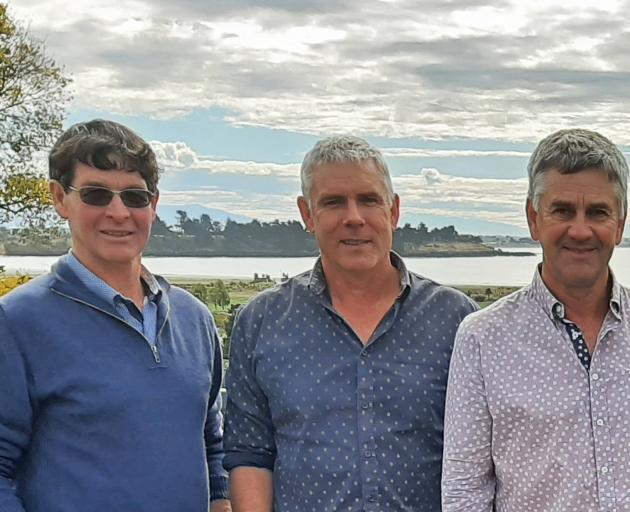
The South Canterbury Catchments Collective was formed in 2020 as a grassroots collective, managed by leaders of nine river catchment groups spread across South Canterbury, from the Pareora northwards to the Orari and inland to the Mackenzie district.
Other groups may form and join this year, mostly from within the Waimate and Timaru districts.
The catchment collective’s member groups cover the catchments of Upper Orari; Lower Orari and Ohapi; Barkers Creek; Waihi/Te Moana; Milford/Orakipaoa; Upper Opihi/Opuha; Te Ana Wai; Washdyke tributaries; and Pareora.
It is led by Fairlie sheep and beef farmer Mark Adams, who also chairs the local Rural Support Trust and is active nationally in the environmental reference group of industry body Beef + Lamb NZ.
Mr Adams is assisted by vice-chairmen Glen Smith, leader of the Lower Orari catchment group, and Bill Wright, of the Pareora group.
The society’s acting secretary is Geraldine-based Rhys Taylor, who is contracted by Environment Canterbury as a facilitator for several of the catchment groups plus a project in Otipua/Saltwater Creek in Timaru. Mr Taylor is also a trustee of Sustainable South Canterbury Trust.
Mr Adams, speaking as a guest at this week’s on-line OTOP zone committee meeting , said starting the catchment collective provided an opportunity for the smaller un-incorporated local groups to organise and fund environmental projects in their catchments.
‘‘It’s expensive and time-consuming for each small group to create its own legal structure, so we have done it for them.
“We made approaches last autumn to Ministry for the Environment and Department of Conservation, whose grants funds were greatly oversubscribed. We are now in discussion with other public agencies, who are showing interest at senior levels in our proposed role.
“The society has recently endorsed a research project on nitrogen monitoring, proposed by members of the Te Ana Wai catchment group, is planning educational workshops on making farm environment plans and is preparing an MOU [memorandum of understanding] with Environment Canterbury to secure support.”
Start-up costs and researching the initial set of funding bids were supported by grants from the three district councils in South Canterbury and Environment Canterbury.
The society is now accepting farm memberships ($250 per year) and rural community supporters ($50) plus business sponsors.
“Any external funding secured adds value to this membership income and will allow us to provide more services,” Mr Adams said.













